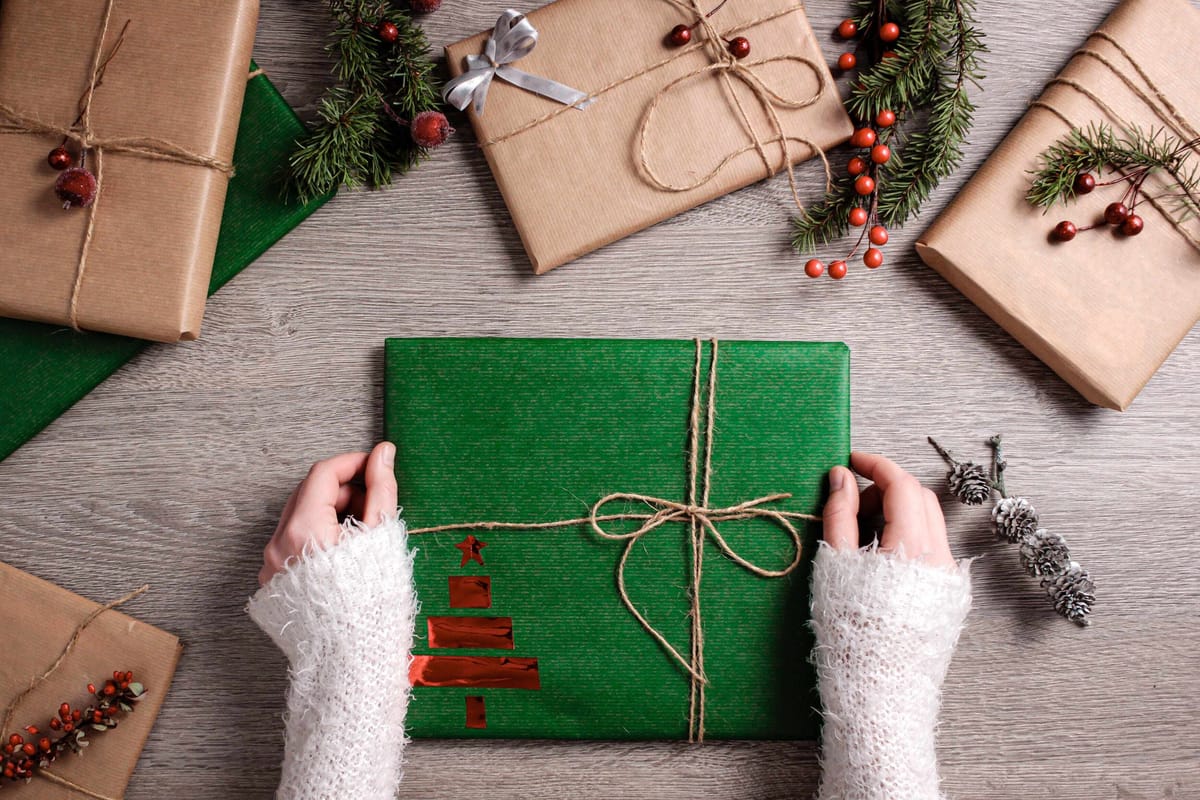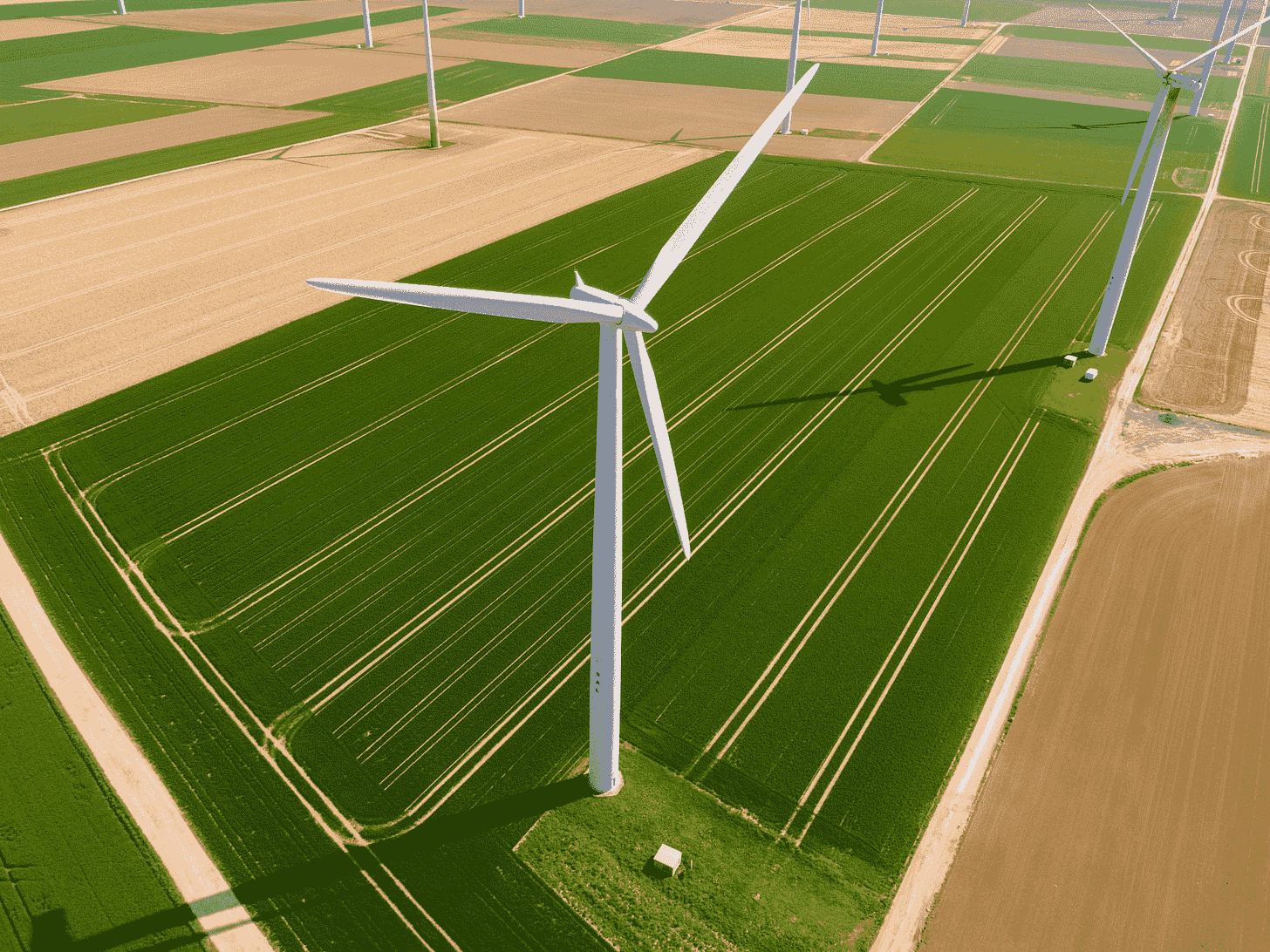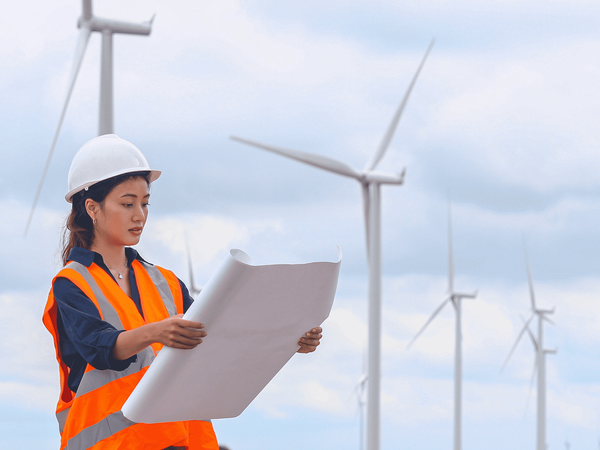Reduce Christmas waste with sustainable gift wraps

This week, on Monday, there was a special episode of Die Höhle Der Löwen on TV. It is a German version of Dragon’s Den in the UK and Shark Tank in the US. Among the contestants, came a company, called Pápydo, with their solution of sustainable gift wraps, made out of grass.
I was hugely impressed by Pápydo and immediately thought of it as great content for this newsletter— so did I do some digging! The idea, the company adopted, is hard to track down, although they mention on their website (in German) that it all started with a project between the University of Bonn and entrepreneurs from North Rhine-Westphalia in 2014.
The research proved the feasibility of grass as a raw material in paper production but since then, the EU Horizon project funded nearly €4 million for grass pulp production research in 2018 and 2020. Pápydo brings the finished researched grass pellets into the paper machine and produces paper for gift wraps.
The beauty of it is, in contrast to wood fibers, grass fibers are processed in a much more resource-friendly way. If you quickly search on Google about wrapping paper out of the grass, you will find many, but the fact that these two college girls went out of their comfort zone to present their idea on National TV is worthy of applause.
Gift wraps waste at Christmas
Within the next decade, gift paper sales are projected to increase at a healthy compound annual growth rate of 3.9%, reaching a valuation of US$ 6.3 billion by 2032. In the US, around 4.6 million pounds of wrapping paper are used each year, among which, about half of it becomes waste and ends up in a landfill.
In the UK, a study in 2017 estimated that citizens threw away approximately 108 million rolls of wrapping paper after Christmas. The story is similar in Germany. The majority of around 8,000 tons of gift wrap waste produced in a year goes to landfill.
Wrapping papers are often made from non-recyclable materials, such as plastic and foil, which means they take decades to break down. The production of these materials is another issue— first, more than 200 million trees are cut down daily as feedstock to make paper, then they require intense use of resources, such as water and energy, contributing enormously to greenhouse gas emissions.
A recent scientific paper states that the pulp and paper industry is among the top five most energy-intensive industries globally. The industry is responsible for approximately 6% of global industrial energy use and contributes 2% of direct industrial CO2 emissions. Another problem with paper is, it cannot be recycled infinitely because paper fiber gets shorter with each recycling cycle. This means it gets harder to bind.
There are of course some common sustainable gift wraps that are an alternative to paper— recycled paper. This type of wrapping paper is made from post-consumer waste, such as old newspapers, cardboard, and other paper products. The choice of recycled paper is considered to be a better choice because the production of recycled paper uses up to 60% less energy and up to 70% less water.
However, keeping in mind the principles of circular economy, we should try not to do energy-intensive recycling because, with recycling, we are anyway generating waste. We are just postponing the time we have to sort out the waste by reusing them in the value chain.
Therefore, what would be interesting for sustainability enthusiasts is biodegradable wrapping paper. Biodegradability has been researched intensively in the wrapping paper field, like in any other field. Some of the plant-based gift wrapping papers, such as bamboo and sugarcane, have already hit the news. These sustainable wraps are made from natural, biodegradable materials that are better than recycled plastics for the environment and composted after use.
Pápydo’s solution
I found the business model of Pápydo very interesting. I haven’t used the product yet, but they look beautiful, and we all need sustainable gift wraps, whether we celebrate Christmas or not.
After I watched these two young entrepreneurs pitching their company on national TV, I did some research on the product about how we can decompose these wrapping papers afterward. Not much information on this part though. Unless they biodegrade and magically disappear into the soil, there will be waste sooner or later, and this waste has real consequences for the environment as it takes up space in landfills.
Their customers have given them mixed reviews, but for a curious mind like mine, I love to hear more. Would be great to have these founders’ interview on Green Entrepreneurs, right?
It’s the holiday season. The only way we can love our loved ones more is by making sustainable choices and choosing to make our planet a better place to live.
Summary
- Christmas brings lots of gifts, but that comes with the cost of waste wraps
- The majority of single-use wrapping papers end up in landfill
- A company, called Pápydo sells sustainable gift wraps, made out of grass
- Making a sustainable choice for our loved ones is also a generous gift



